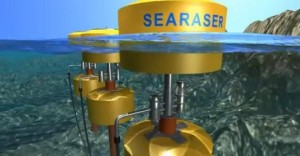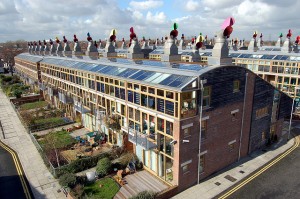
Electricity obtained from sea water is one of the most reliable clean sources of energy and now it’s set to become one of the most affordable ones. The proof lies in the SeaRaser project, belonging to the UK alternative energy company Ecotricity – more low-cost even than fossil fuels.

 Follow
Follow


